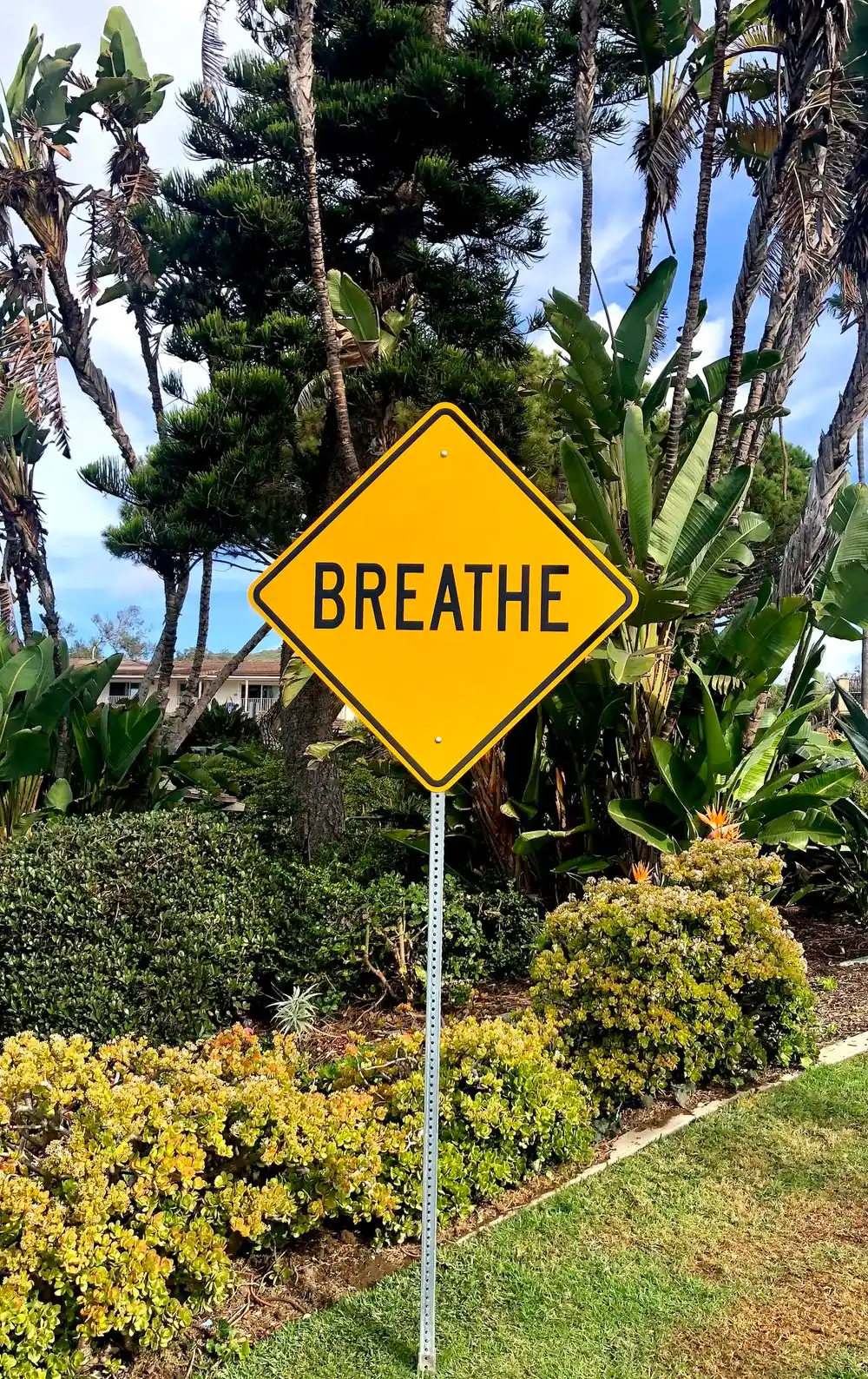What is breath work & why do you need it?
Breathing is such a natural and automatic part of life, why on earth would you need to work on it? While we are all breathing every day, many (or even most) of us are not breathing correctly.
Breathing is different than lung performance. The breath is the diaphragm muscle whereas lung performance is your respiratory system’s neurological performance. That means if your diaphragm is only partially turned on then your lung capacity is going to be only partially engaged.
Breathwork is able to introduce diaphragmatic parasympathetic respiratory system optimization. Simply put, it is a series of exercises that amplify and optimize your body’s ability to absorb more oxygen. This technique enables you to breathe holistically, the way you were designed to breathe for long-term health benefits. To learn more, check out our 2-minute video tutorial here.
How Breath Work Supports Healing
Breath work & the stress response
Bad breathing is when you are using the respiratory system in an inefficient way which causes your body to go into a stress response. The stress response often referred to as fight or flight, is when the body switches into the sympathetic nervous system. In addition to spiking your cortisol, it also high-jacks the respiratory system and stimulates it to be used in a short-term aggressive manner.
If you’re in a stress response it will inhibit the diaphragm to perform the way it is supposed to. That can cause the upper body muscles around the shoulder and neck to do most of the breathing (aka top breathing). These muscles elevate the rib cage to expand the lungs instead of using the diaphragm. This is detrimental to our health because eventually, it leads to lesser oxygen absorption and potential hypoxia. The longer we entertain this stressful way of breathing, the more damage we experience in our body such as energy, mental clarity, inflammation, and a host of other issues.
Breathwork enables us to tap into the more efficient (and natural) way of breathing that uses the diaphragm and improves oxygenation. With these breathing exercises, you’re strengthening the diaphragm muscle which automatically strengthens the nerves connected to the diaphragm. As they get stronger and receive more stimulation, there are more signals in the respiratory system that stimulate the lungs to expand further (and turn on).
A breathwork practice allows you to stimulate the vagus nerve which controls your stress response. By tapping into direct access to your parasympathetic nervous system through breathing, you are able to increase your oxygen levels, regulate the vagus nerve, and supercharge your respiratory system making you more resilient to the stress response.
Breath work & oxygenation
Your body needs oxygen to survive but if you aren’t breathing correctly you may not be getting as much oxygen as you need. Making sure you’re constantly and efficiently providing oxygenation to all of the systems of your body is important because your body needs oxygen to heal and rebuild.
Needed to produce energy (ATP), oxygen is important to break down your food (especially fat) and is used by every major system and organ in your body. That means the more oxygen you have the more efficiently you will burn fat. Out of all the oxygen you breathe in, 20% goes straight to the brain and 15-17% goes to digestion. These are pretty important to your overall health and quality of life.
In addition to all of this, oxygen is an antacid, antioxidant, and anti-inflammatory that removes waste products and maintains your holistic body PH. With a properly oxygenated body, you will have increased energy and recovery, less joint pain, improved cognitive function, and overall long-term health benefits.
Benefits of Breath Work
Increasing oxygenation into the body
Strengthening and condition the parasympathetic nervous (vagus nerve)
Building resilience so parasympathetic isn’t easy bullied by the stress response.
Better sleep
Increased energy and recovery
Lower cortisol and stress response
Better nerve and cognitive function
Fat burn
Reduced inflammation
Ready to get started?
CHECK OUT OUR 2-MINUTE VIDEO TUTORIAL

